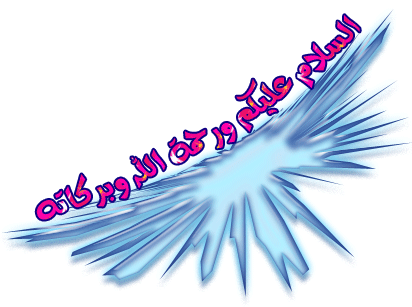ISBN: 1-931641-69-2

From the Book
Thanks to the many words which French and English have in common and to the wonderful clarity of French expression, the beginner usually finds it easier to learn to read French than German, especially if he has studied Latin to some account. Separable prefixes, involved sentence order and a certain well known long word forming tendency are not there to trouble him. Chemical names do not present great difficulty. Nevertheless there are pitfalls, such as the numerous idiomatic phrases, the irregular verb forms and the words which, tho posing as old friends, do not mean just what they ought to! These matters the author has tried to keep in mind in the preparation of the dictionary. The following notes may be of assistance in the use of the vocabulary.
Phrases. A large number of phrases has been included. As a rule, a phrase is entered under the first important word which occurs in it, prepositions, conjunctions and articles being passed by(en detail under detail, tout d'un coup under tout, etc.).
Verbs. .
Keywords:
A French-English Dictionary For Chemists, Austin M. Patterson, French, English, Chemical, German, Vocabulary, Pharses, Conjunctions,




